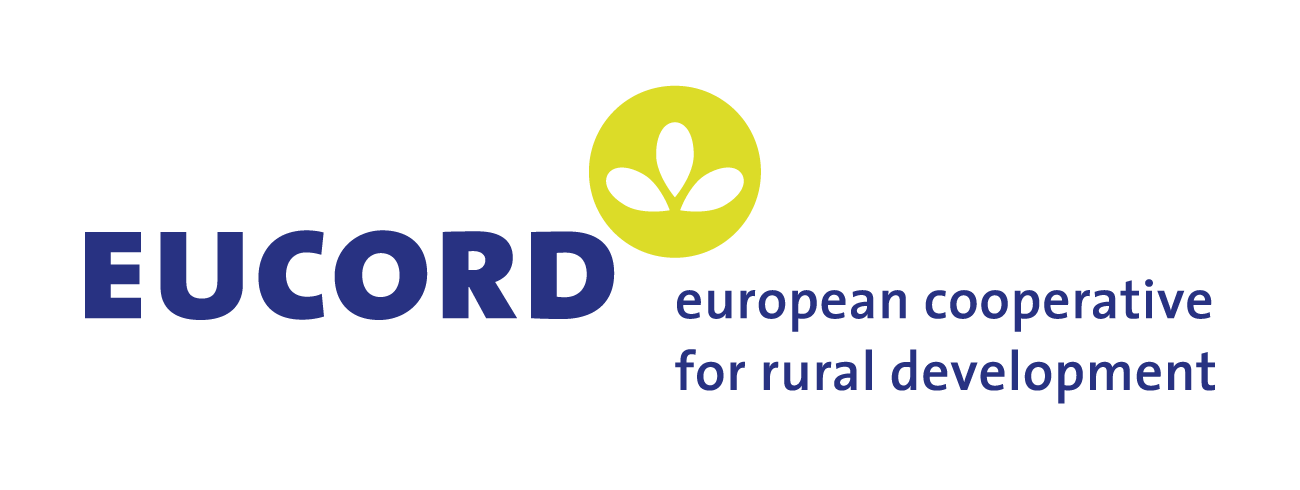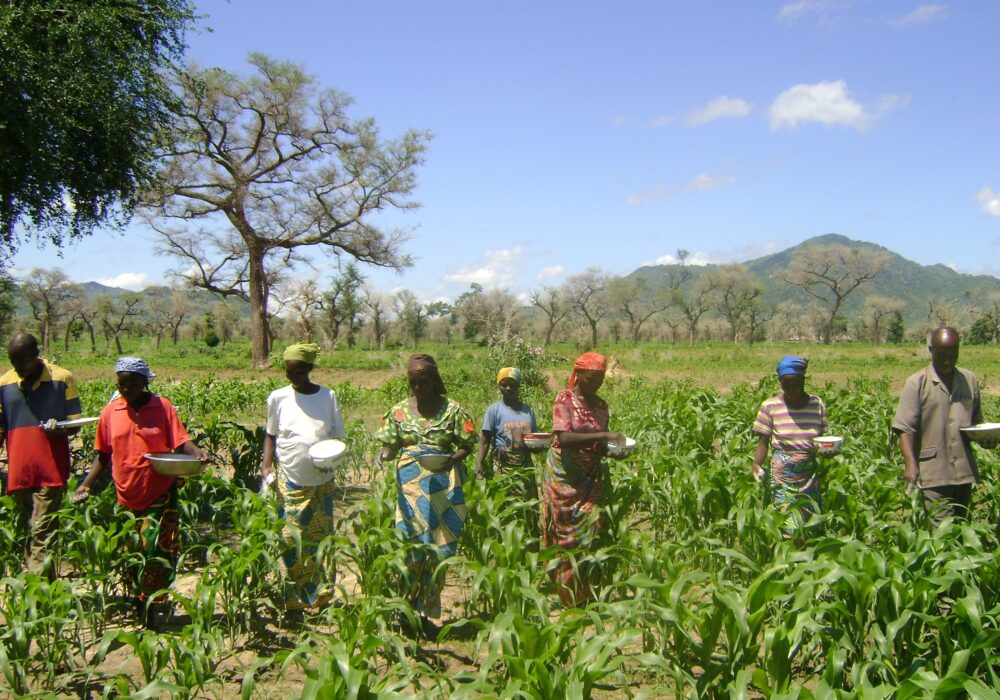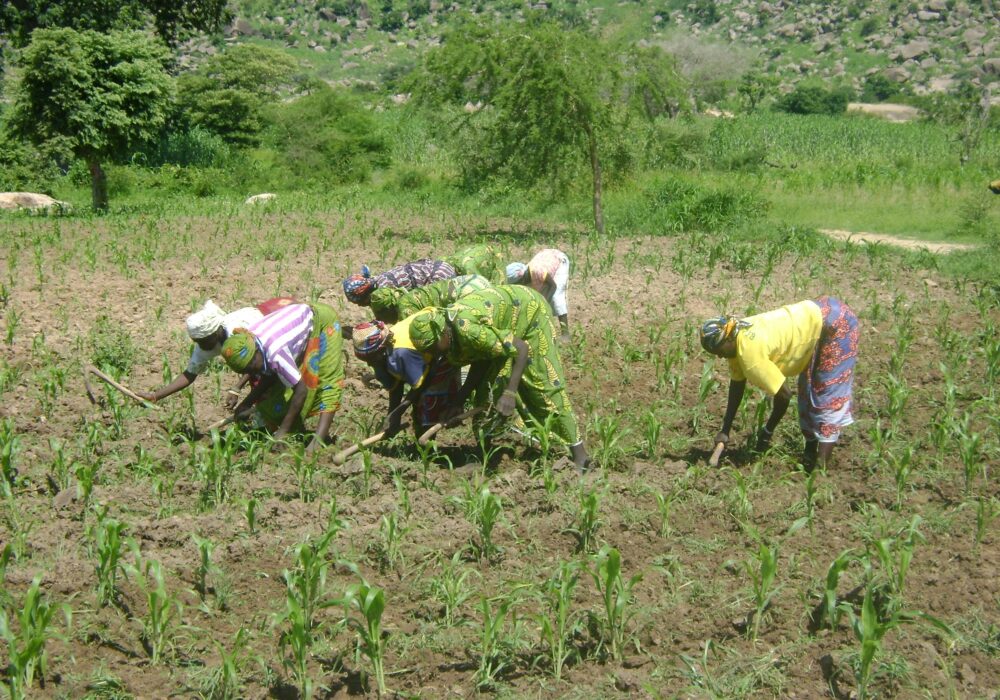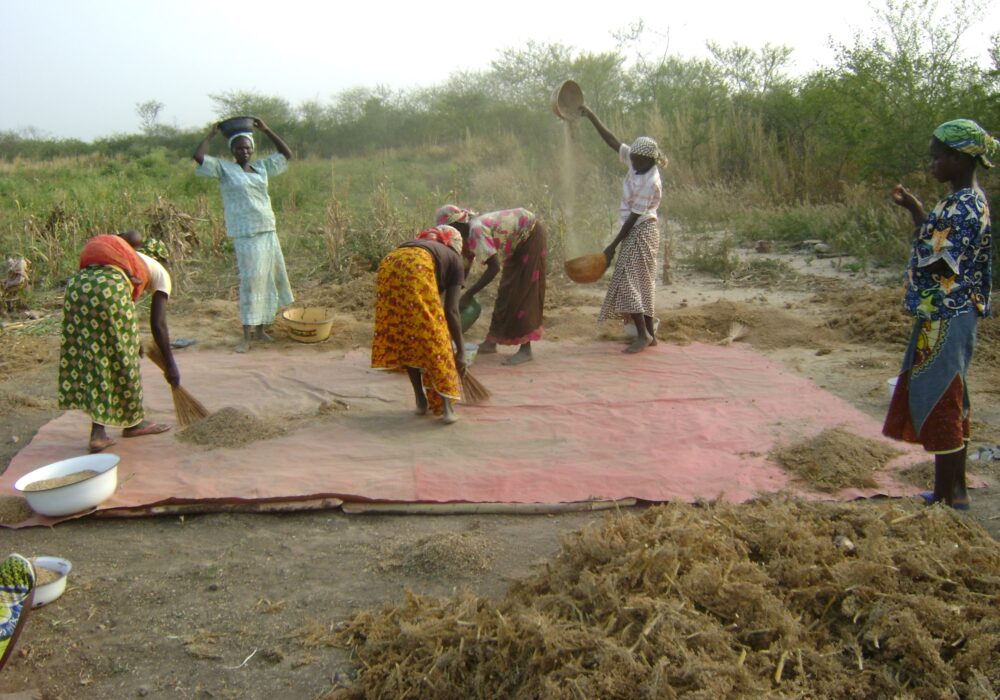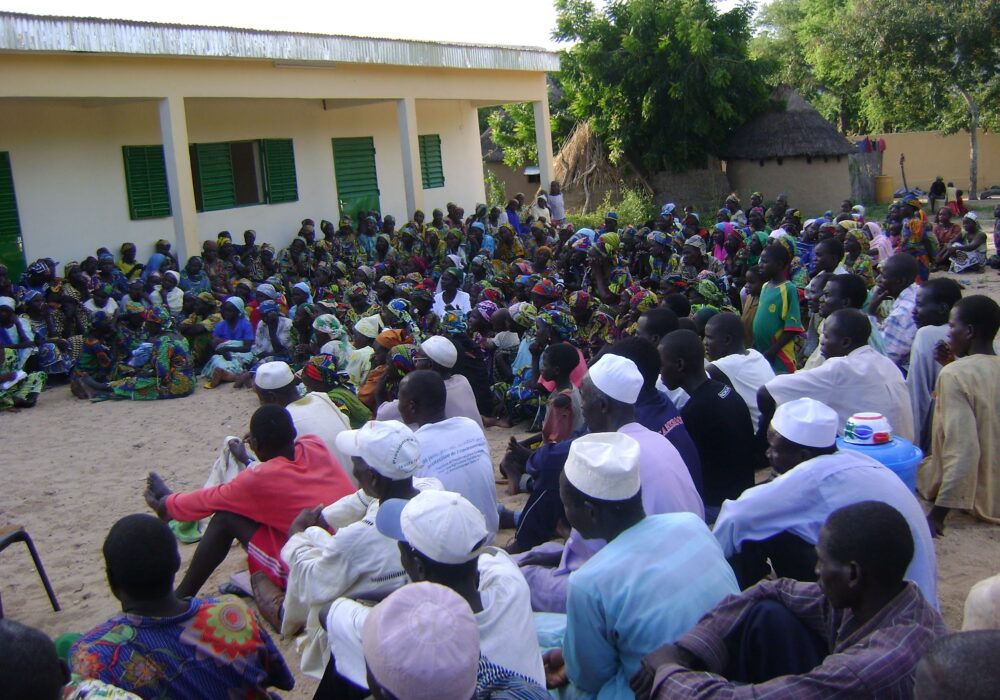Cameroon, 2008
Client: Guinness Cameroun S.A.
What we did
The assessment aimed to evaluate domestic sorghum production, marketable surplus, and potential local purchasing by Guinness Cameroon, while considering food security, stakeholder acceptance, seasonality, and pricing impacts. It sought to determine if local sorghum could meet Guinness’s procurement needs without affecting food security, and whether stakeholders would support the initiative. Additionally, the assessment considered how seasonal variations and price fluctuations could influence supply availability and the economic feasibility of local sourcing.
Conclusions
The rapid assessment concludes that the local production of sorghum in Cameroon is sufficient to meet the needs of the local population, with a significant marketable surplus even in years of low rainfall. Guinness Cameroun’s entry into the sorghum market is unlikely to negatively impact local food security or prices. All stakeholders, including government offices, farmers, traders, and NGOs, are supportive of Guinness Cameroun’s involvement, viewing it as a way to partly offset the decline in cotton earnings.
Key Recommendations:
- Sorghum prices fluctuate significantly. It is recommended that Guinness Cameroun:
- Avoid purchasing during the “hungry season” (July-September).
- Focus on procurement immediately after the harvest periods.
- Direct contracting with farmer organizations, such as Federations and Unions, is advised to:
- Bypass intermediaries.
- Reduce costs.
- Partnerships with agricultural development NGOs could:
- Enhance the productivity and quality of sorghum cultivation
